Meningitis might not be something most of us think about every day—but when it strikes, it can be fast, frightening, and even life-threatening.
It’s an inflammation of the protective membranes covering the brain and spinal cord, caused by bacterial, viral, fungal, or parasitic infections. The disease can strike swiftly and with devastating consequences—particularly bacterial meningitis, which can lead to death or severe disability within hours.
Anyone can catch it but it is more common in babies and preschool children, teenagers, and young adults. It seems to be more common in young adults who are in shared accomodation eg flatting or boarding; especially someone who has just stated at university or those who’ve joined the armed forces.
We want to keep our children safe so: what is meningitis? How can we avoid it? What are the symptoms so we can get the person to the doctor quickly (as this can save their life).
How do I get it?
Meningitis is caught from moisture droplets from the mouth or nose of someone with the infection. This is just like the flu or the common cold. People catch it from someone sneezing on them, kissing or by sharing cups or cutlery. This could be by using a cup in the student flat when it hasn’t been washed and dried properly (or at all). Like with other infections, some people can have the infection and not get sick but still pass it on to others. You cannot catch meningitis from just breathing the same air as someone with it.
What Are The Symptoms?
Meningitis can be difficult to diagnose because it can look like other illnesses, such as the flu. The symptoms can come on quickly and may even seem like the flu.
The most common symptom of meningitis is a severe headache. This happens in 9 out or every 10 people with bacterial meningitis. Another common symptom is not being able to bend the neck forward to touch the chin on the chest. This will be too painful because the meninges (the membrane about the brain and spinal cord) are inflamed.
If someone has the above two symptoms take them straight to the hospital.
90% of people with meningitis have the severe headache. Less than half of people with meningitis will have headache, stiff neck and fever.
Death from meningitis can occur within a few hours. Do not put the person to bed and see how they are in the morning. With antibiotic treatment most people recover from meningitis. However, permanent disabilities (such as brain damage, hearing loss, and learning disabilities) are other possible outcomes.
There is a typical meningitis rash that some people get, but often this is only seen once the person is in hospital (or should be in hospital). The rash is reddish-purple pin-prick spots or bruises.

Other symptoms that might be meningitis or something else include:
- Sudden high fever or headache by itself – rather than both symptoms at the same time.
- sleepiness
- joint and muscle pains
- dislike of bright lights
- vomiting
- crying and refusal to feed (in infants)
How is Meningitis Treated?
The treatment for meningitis depends on what’s causing it:
- Bacterial meningitis is a medical emergency and needs to be treated right away with antibiotics given through a vein (IV). Quick treatment can save lives and help prevent serious complications like brain swelling or seizures. Doctors often start with powerful antibiotics, and may adjust based on lab results.
- Viral meningitis is usually less severe and often clears up on its own. There’s no specific medicine to treat the virus, so care focuses on helping you feel better—rest, fluids, and keeping comfortable are key. Antibiotics won’t help here, since they don’t work on viruses.
- Non-infectious meningitis, which isn’t caused by germs, might be treated with corticosteroids to reduce inflammation. Sometimes, no treatment is needed at all, and the condition improves on its own.
- Cancer-related meningitis is more complex and usually requires treatment aimed at the underlying cancer, which may include chemotherapy or targeted therapies.
How to Help Prevent Meningitis
While not all types of meningitis can be prevented, there’s a lot you can do to lower your risk:
- Stay up to date with vaccinations. Vaccines are your best defence against several types of meningitis, especially those caused by meningococcal, pneumococcal, and Haemophilus influenzae type b (Hib) bacteria. Talk to your vaccinating pharmacist, nurse or doctor about what’s recommended for your age and lifestyle.
- Practice good hygiene. Wash your hands often—especially after using the bathroom, before eating, and after being in public places. Avoid sharing drinks, utensils, or anything that touches your mouth.
- Keep your distance when needed. If you’re sick, try to avoid close contact with others. And if someone around you has meningitis, follow public health advice to reduce the risk of spreading it.
- Support your immune system. Eat a balanced diet full of fruits and vegetables, stay active, and get enough sleep. A strong immune system helps your body fight off infections.
- Avoid harmful substances. Smoking, excessive alcohol, and recreational drugs can weaken your immune system and increase your risk of infection.
- Act quickly if you’re concerned. If you or someone close to you shows symptoms of meningitis—like a sudden fever, headache, or stiff neck—don’t wait. Seek medical help right away.
Ministry of Health Recommends
If you notice any of the symptoms of meningococcal disease or have any other concerns, contact your doctor without delay – or call Healthline free on 0800 611 116 at any hour of the day or night, even if you have already been seen by a health professional.






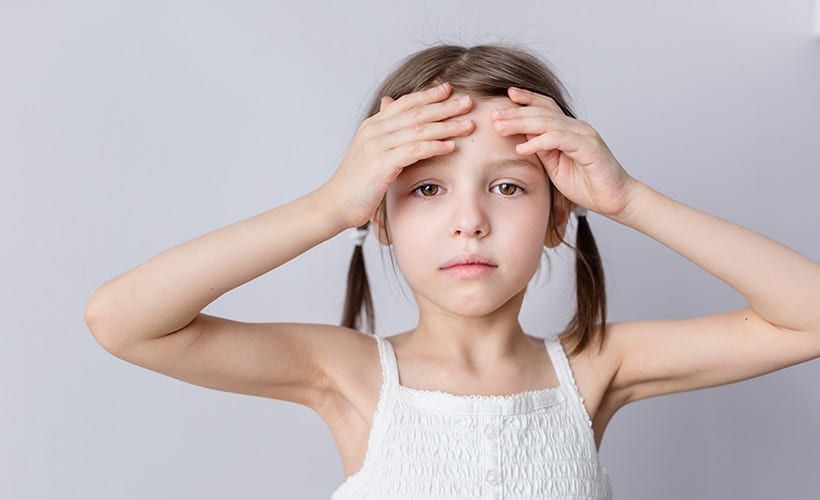

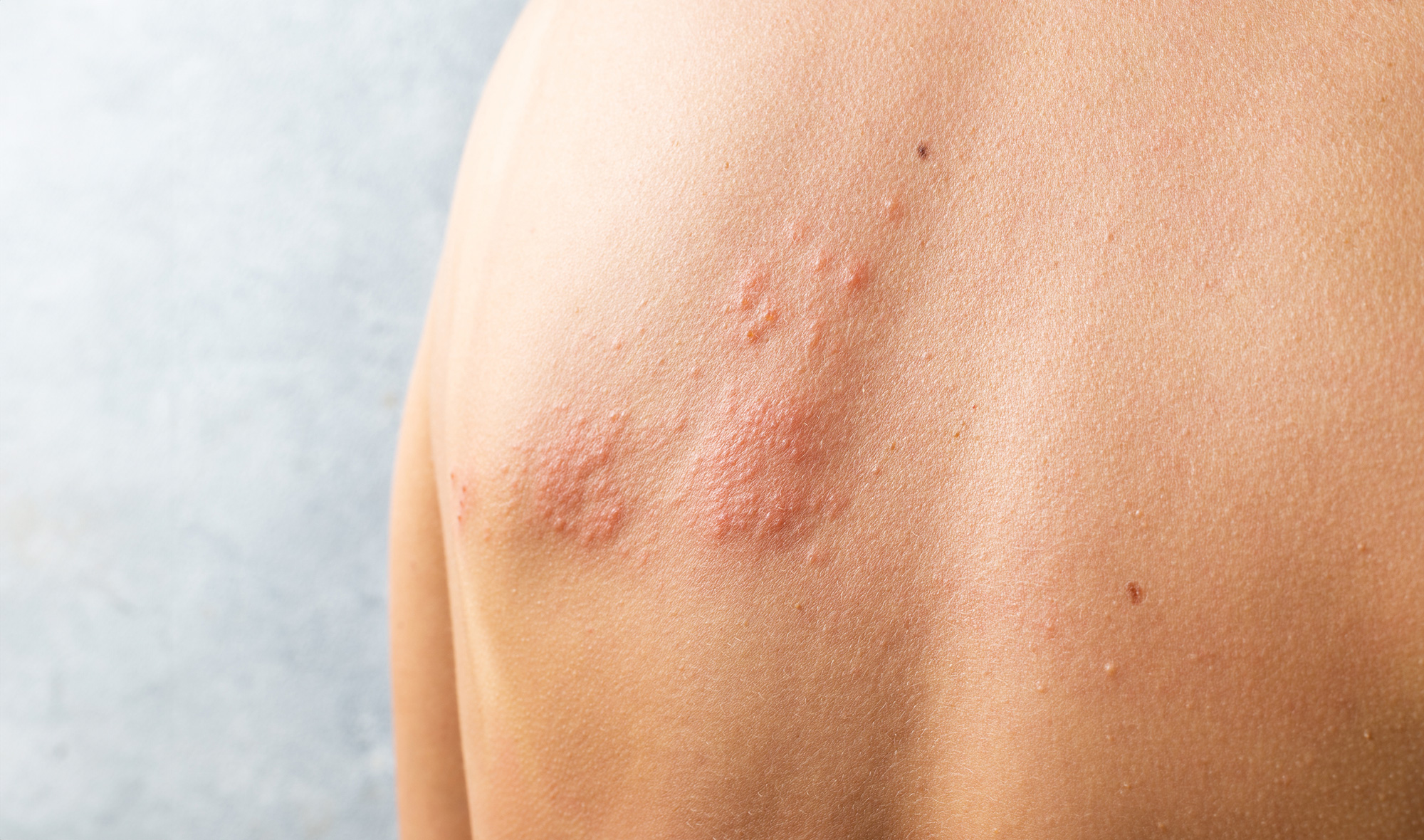

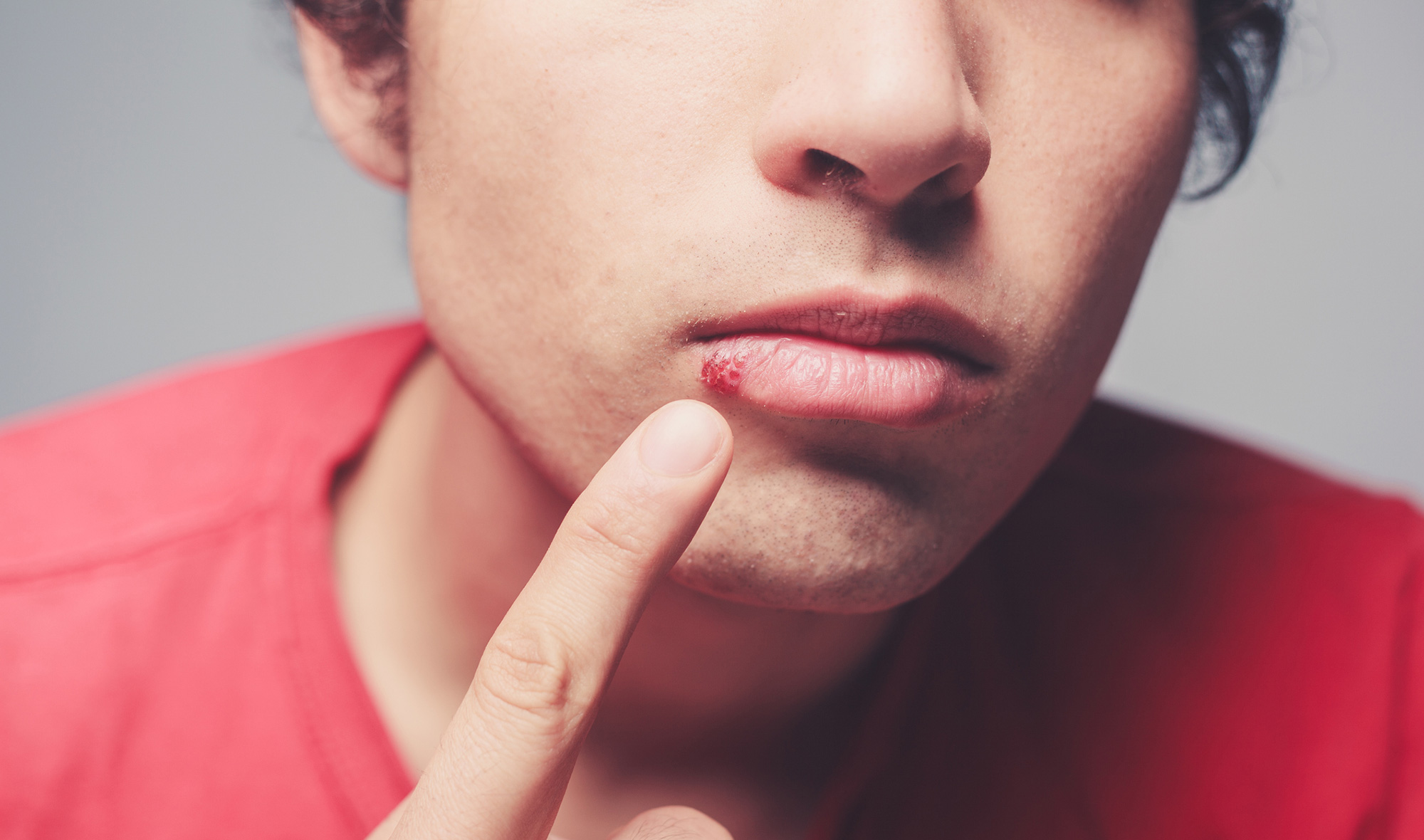
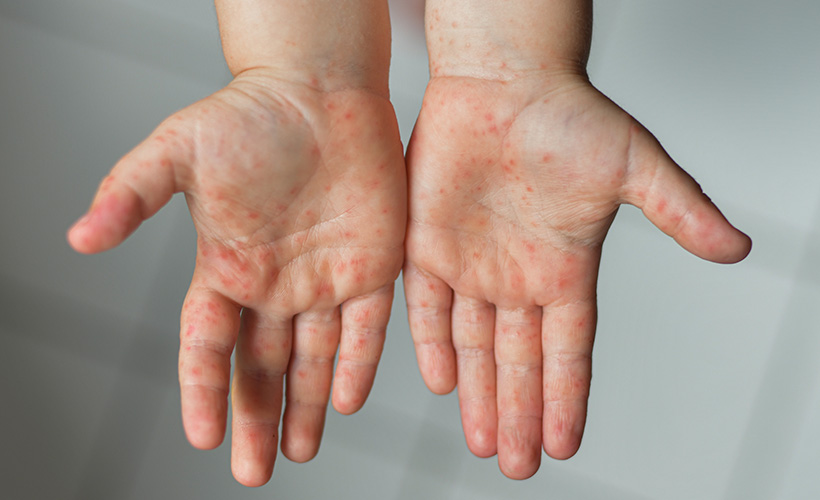



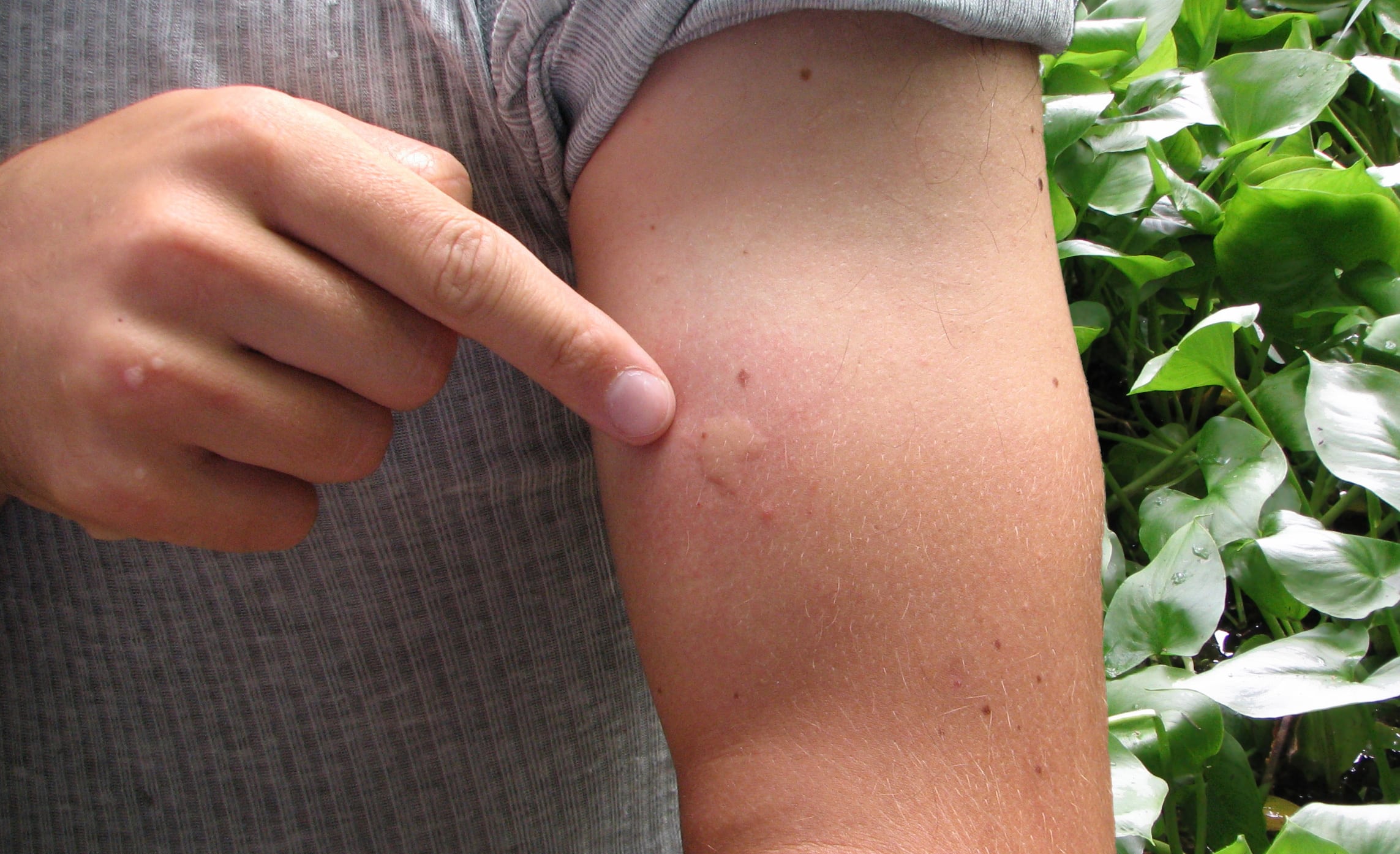


Community